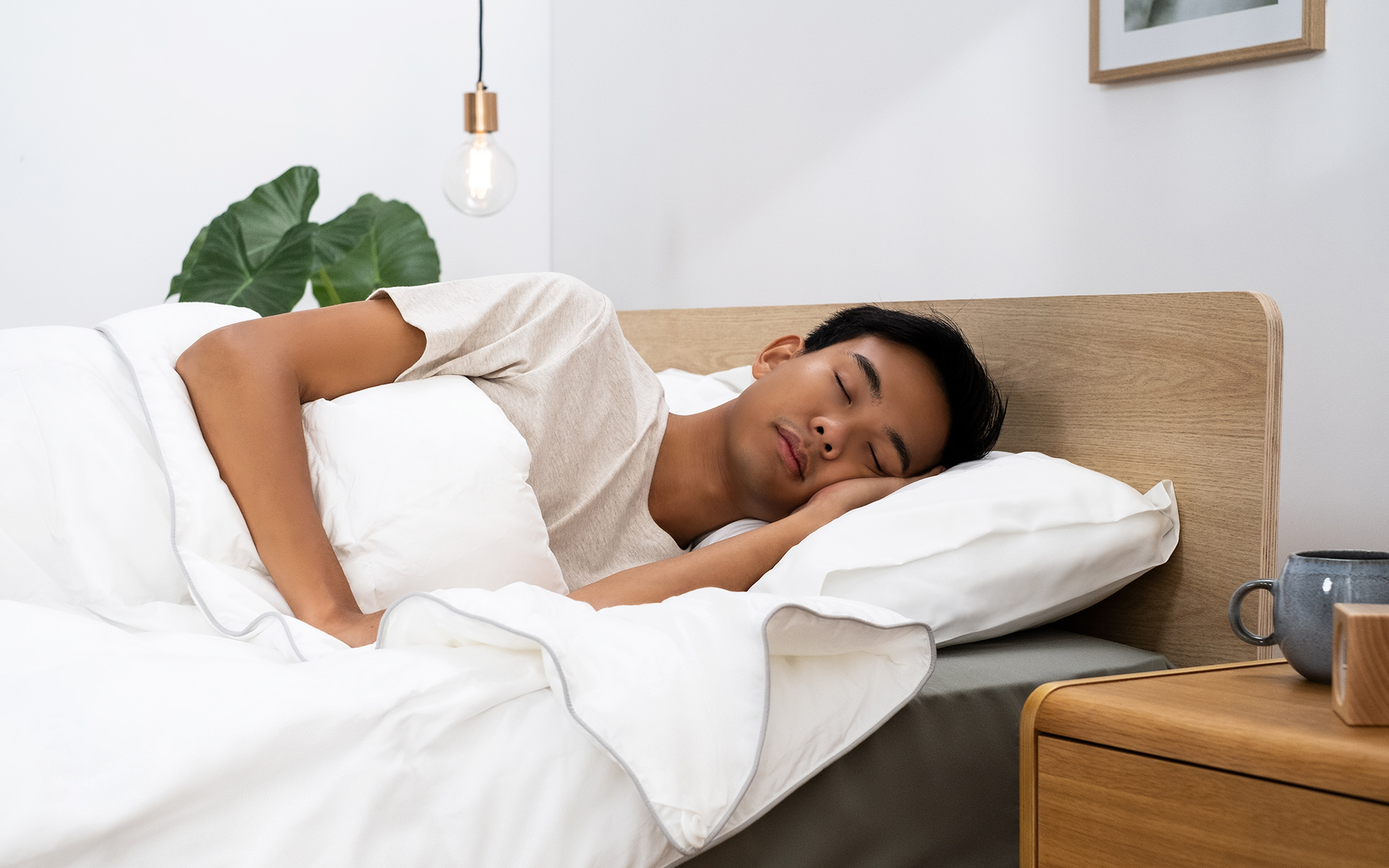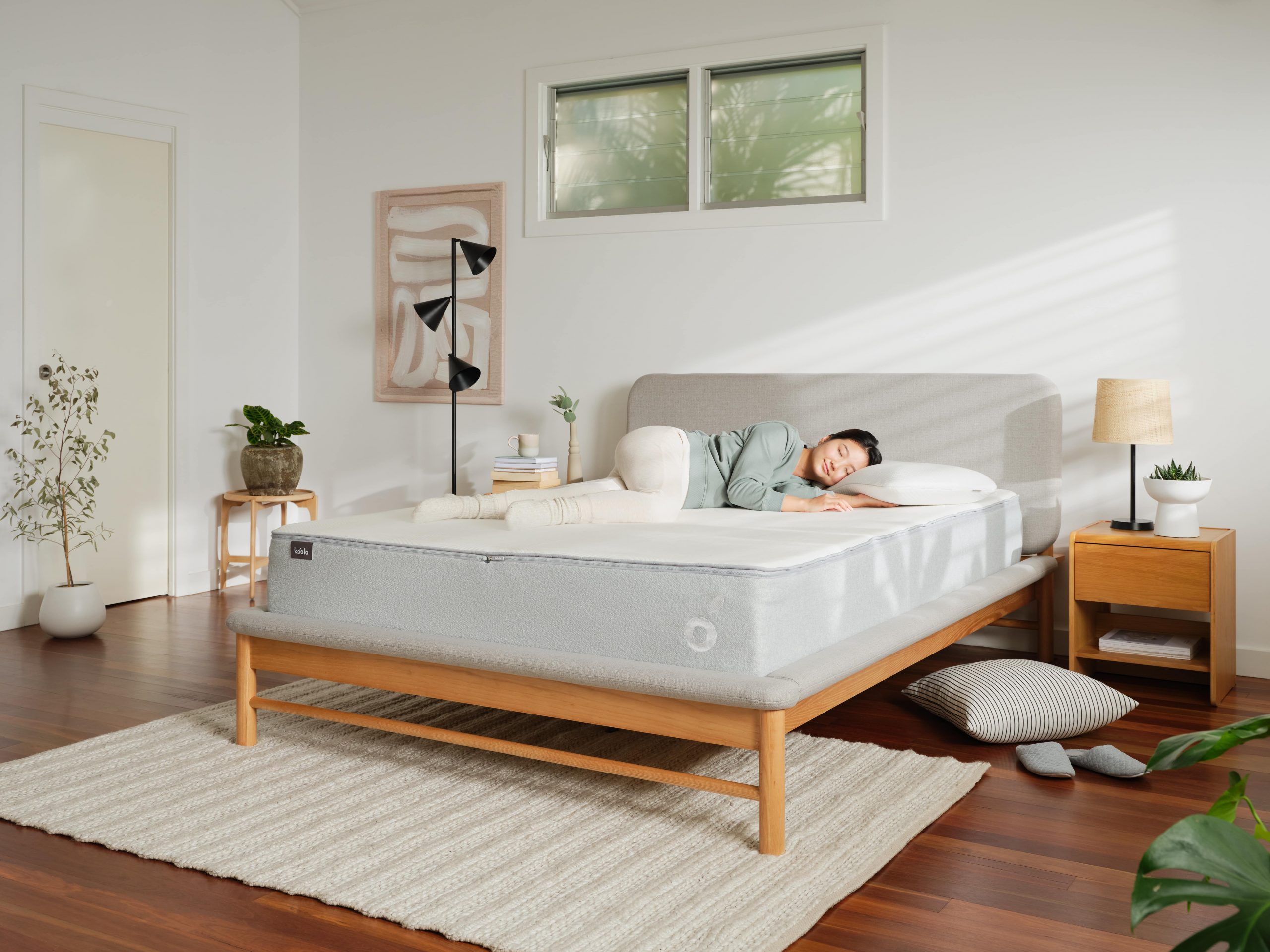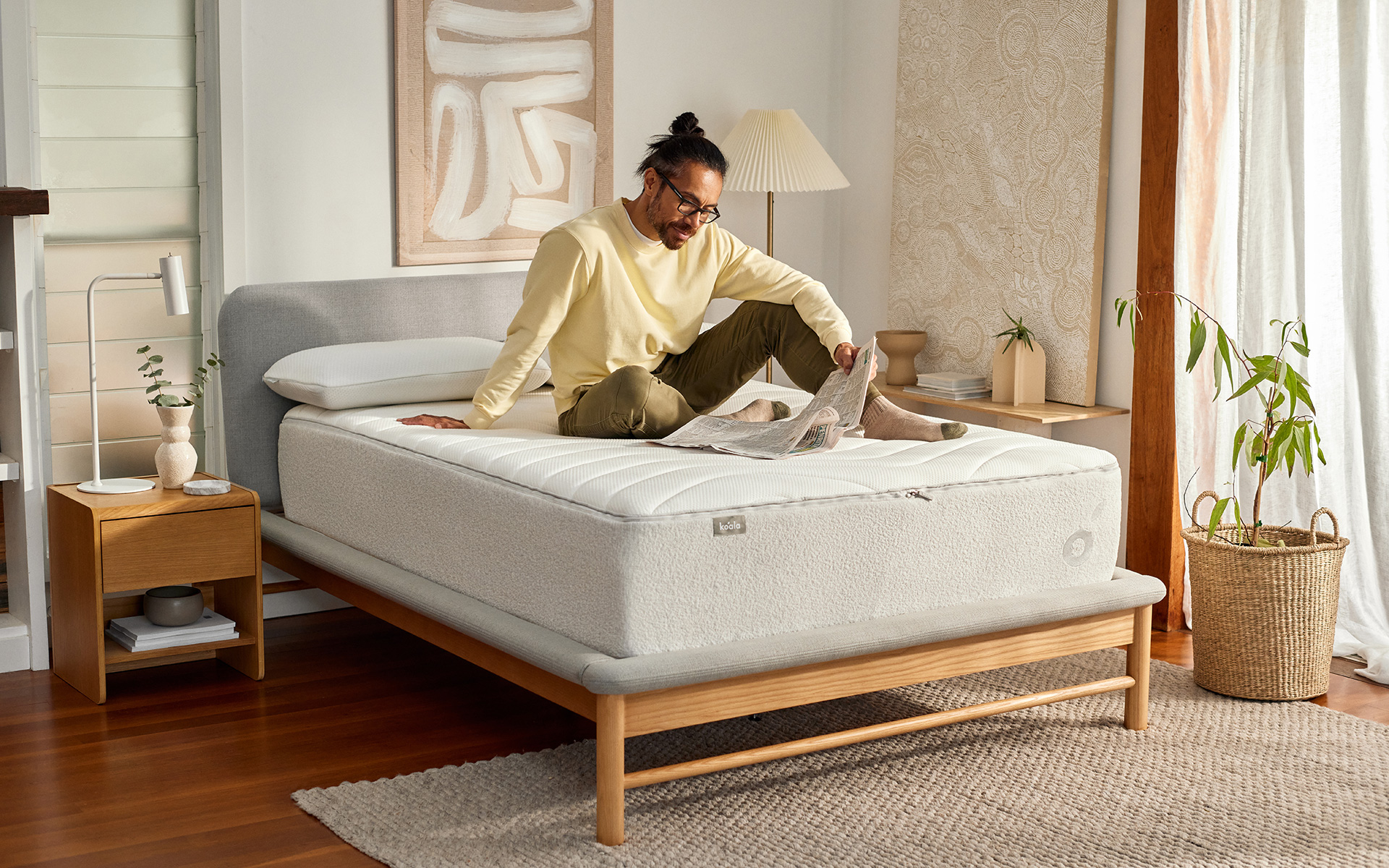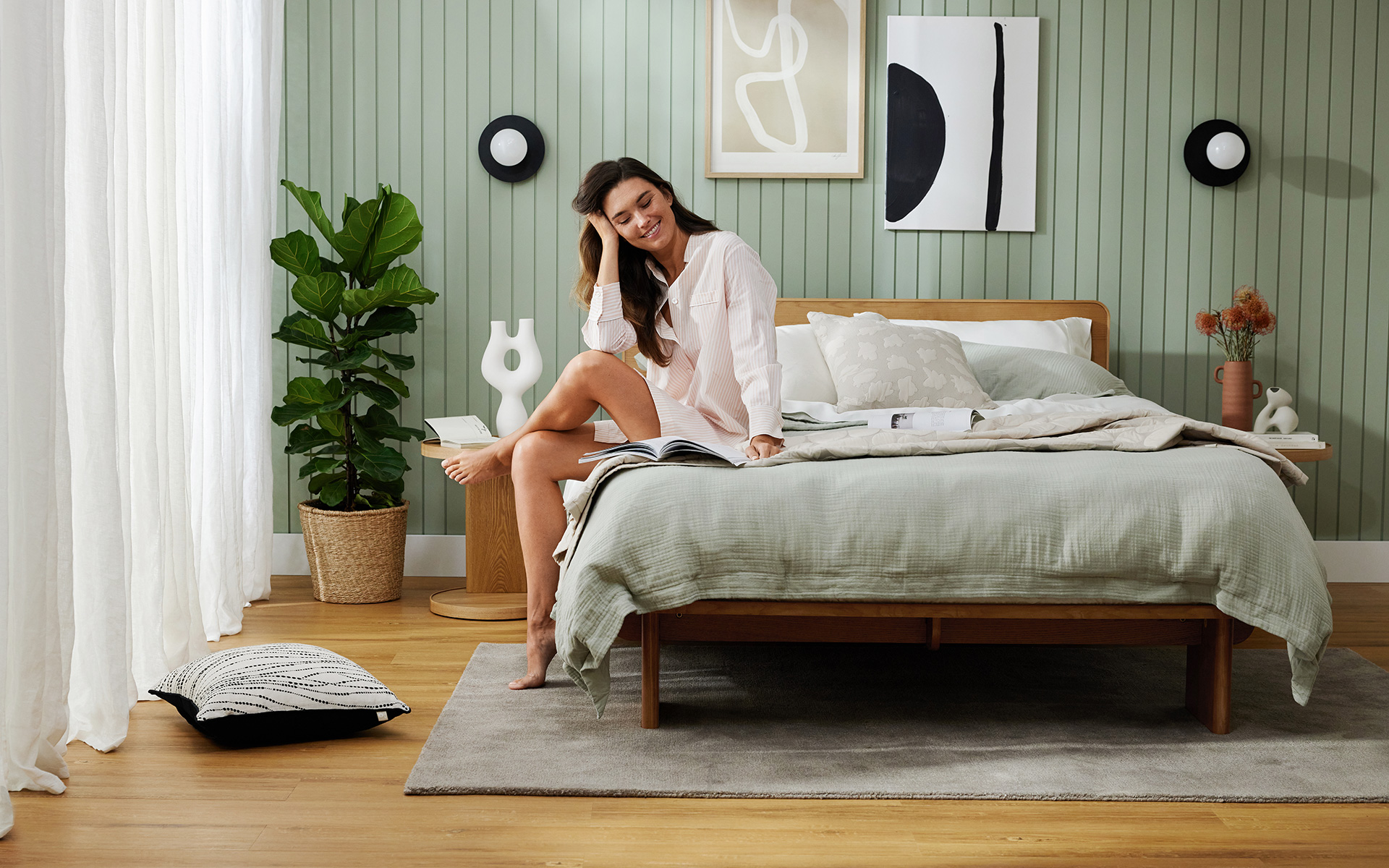Here is a piece of bad news: the amount of testosterone in our bodies drops significantly as we get older. If you think this is relevant only to guys wanting to bulk up in the gym, think again. Testosterone is responsible for much more than just bulging muscles and beach bodies. It plays many other important functions in both male and female bodies, and there are good reasons to keep those levels from dropping as much as we can.
Here is a piece of good news: you don’t need fancy pills or testosterone replacement therapy to keep the levels high. Good quality sleep in good amounts will do that for you. Here is how sleep and testosterone are interconnected.
Why testosterone is important
Both men and women produce testosterone, although men produce much more. In men, testosterone is responsible for the development of the penis and testes, the deepening of voice during puberty, and the appearance of facial and pubic hair. It also plays an important role in muscle and bone growth, sperm production, and sex drive.
In females, testosterone plays an important role in bone health and breast health, sex drive, and menstrual and vaginal health. Low testosterone levels in women may lead to osteoporosis, tiredness and loss of libido.
Testosterone levels drop naturally as we age (after the age of 30, our testosterone levels drop at a rate of 1% per year), but they may also drop as a result of certain illnesses, alcohol consumption, certain foods, and — you guessed it, poor sleep hygiene.
How sleep affects testosterone
Sleep directly affects your testosterone levels. According to Dr Michael Breus, The Sleep Doctor, your testosterone levels increase during sleep, and decrease the longer you’re awake, with the highest level of testosterone production happening during REM sleep.
A study conducted by researchers from the University of Chicago revealed that after one week of sleeping 5 hours per night the levels of testosterone in study subjects dropped by 10-15 percent.
To get enough sleep make sure you have a healthy sleep hygiene. Create a bedtime routine to help you relax, turn off all screens a couple of hours before bed, and avoid alcohol and caffeine too close to bedtime. Regular exercise also promotes healthy sleeping although exercising too close to bedtime is not recommended as it will prevent you from relaxing.
So, does sleeping naked increase testosterone?
The jury’s still out. If sleeping in your birthday suit suits you (see what we did there?) – then go for it! Experts tell us that sleeping naked with socks on can assist in reaching the best temperature for sleep, so why not give it a crack!



